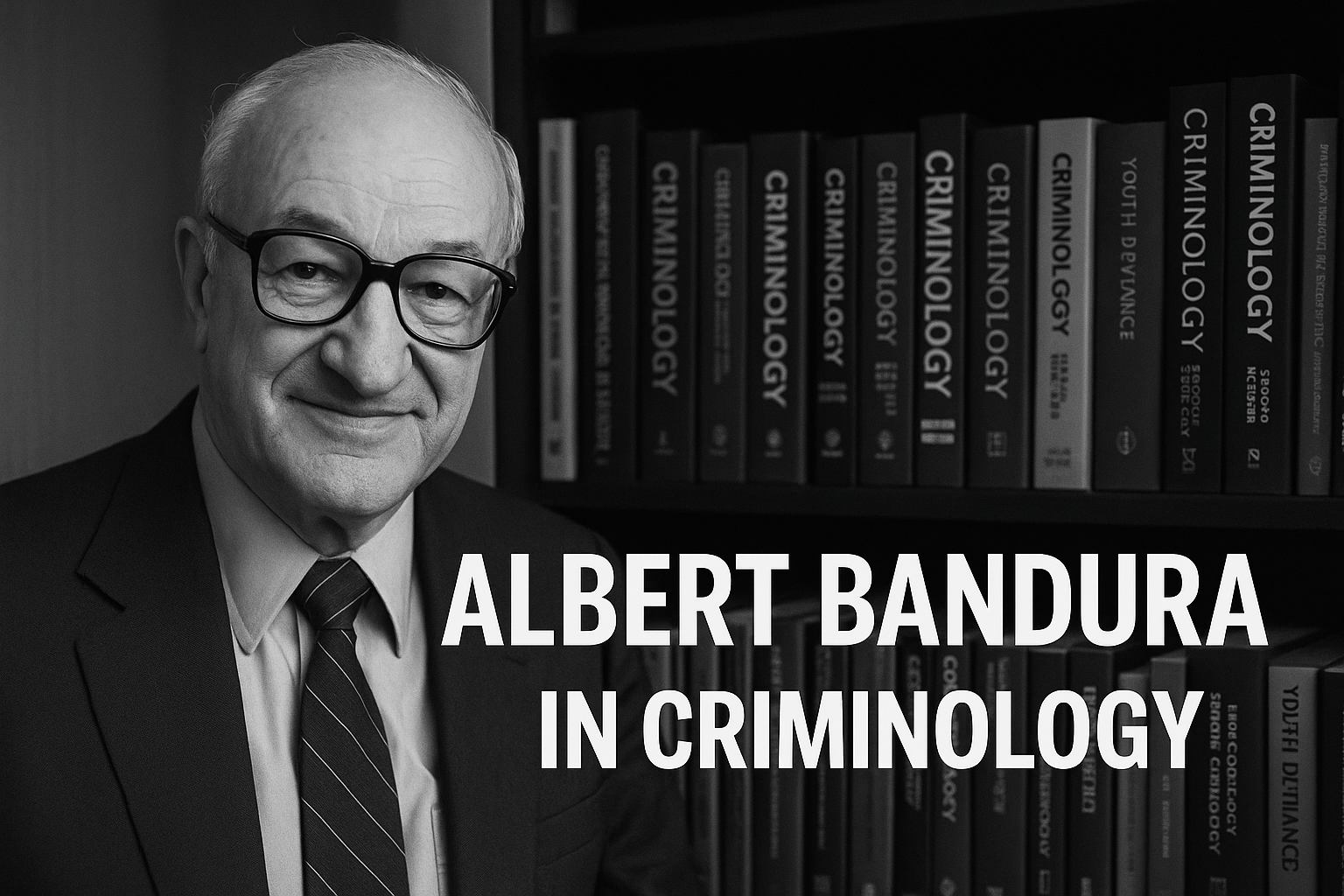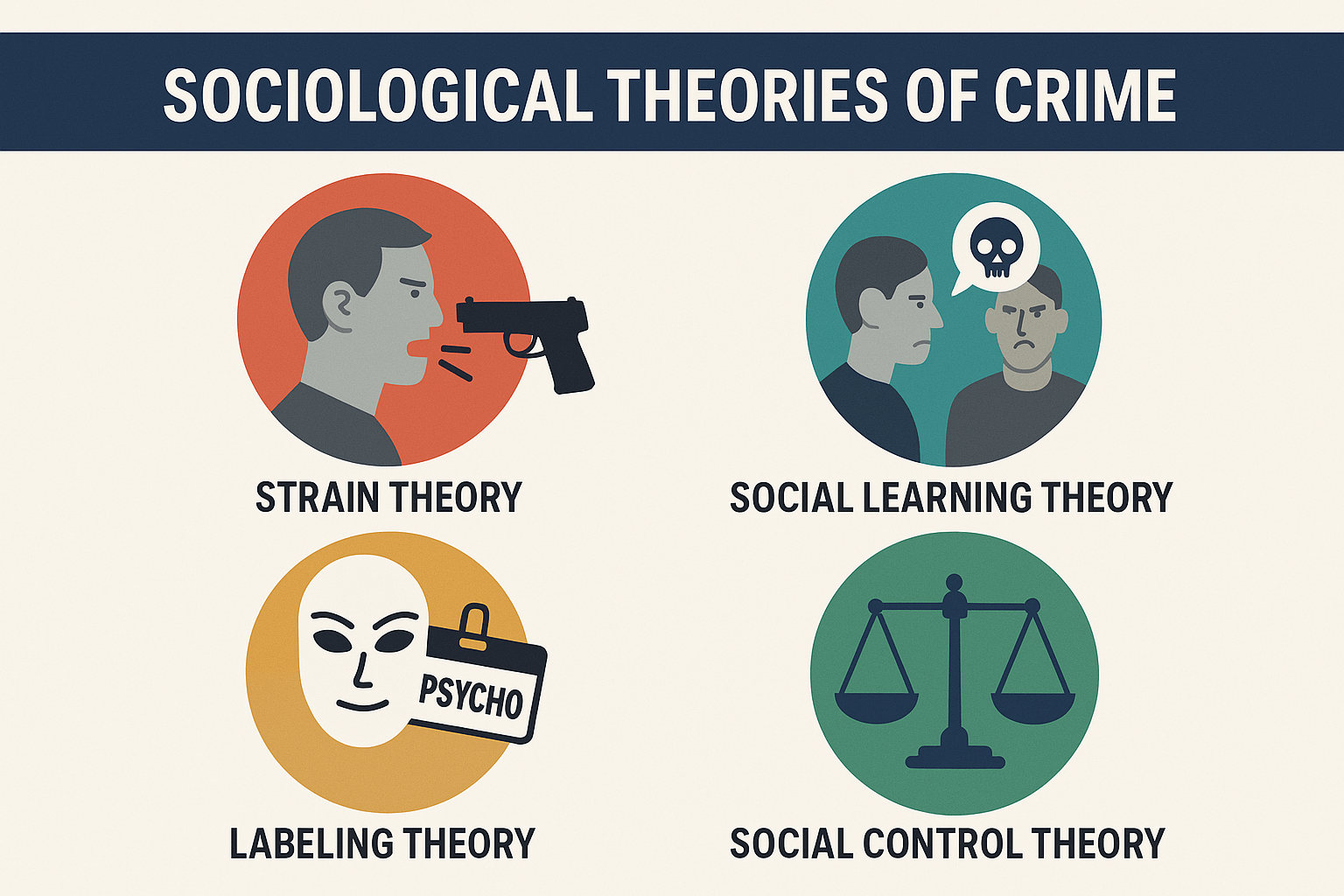Albert Bandura in Criminology: Social Learning Theory and Crime Prevention
Introduction: Rethinking Criminal Behavior through Social Learning The study of crime has historically been shaped by competing paradigms—biological determinism, psychoanalytic drives, rational choice, and sociological theories of anomie and strain. Within this vast intellectual terrain, the work of Albert Bandura stands out for offering a framework that is both psychologically sound and socially grounded. Bandura’s … Read more




